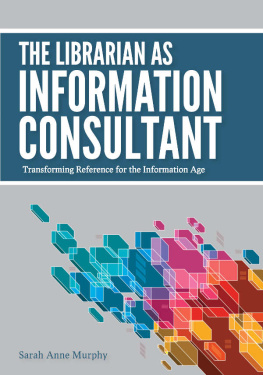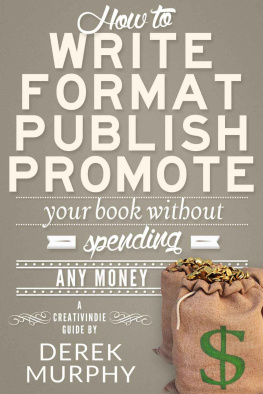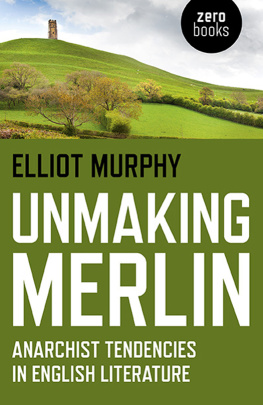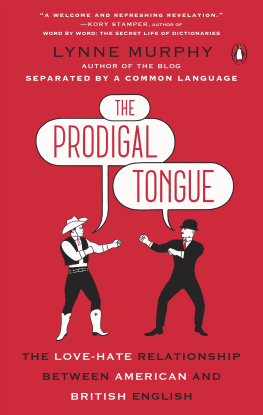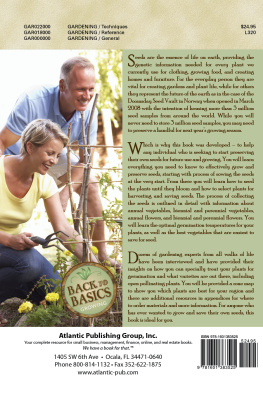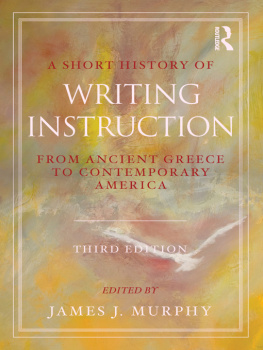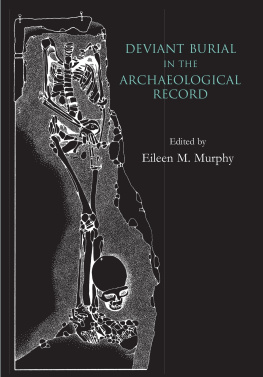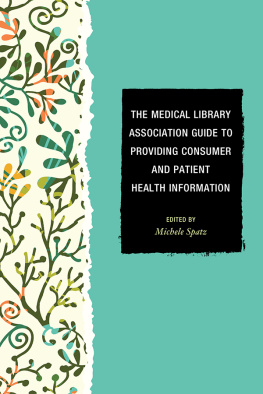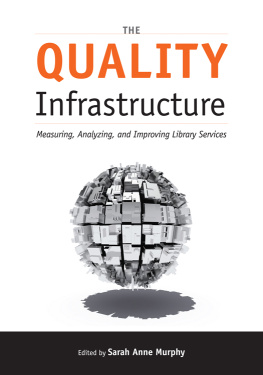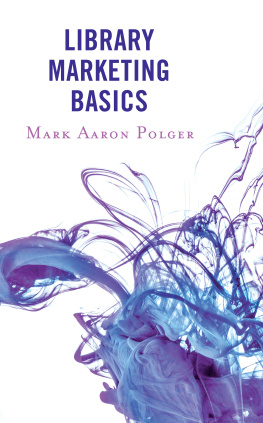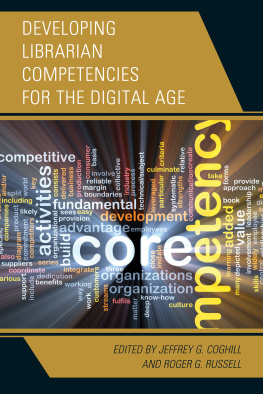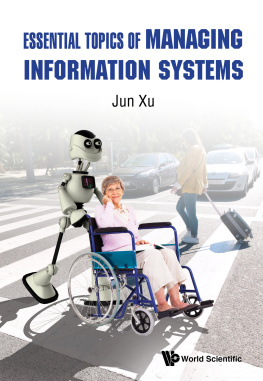ALA Editions purchases fund advocacy, awareness, and accreditation programs for library professionals worldwide.
THE LIBRARIAN AS
INFORMATION CONSULTANT
Transforming Reference for the Information Age
Sarah Anne Murphy
AMERICAN LIBRARY ASSOCIATION
CHICAGO 2011
2011 by the American Library Association
All rights reserved except those which may be granted by Title 17, Sections 107 and 108, of the United States Code.
While extensive effort has gone into ensuring the reliability of the information in this book, the publisher makes no warranty, express or implied, with respect to the material contained herein.
ISBNs: 978-0-8389-1086-3 (paper); 978-0-8389-9275-3 (PDF); 978-0-8389-9276-0 (ePub); 978-0-8389-9277-7 (Mobipocket); 978-0-8389-9278-4 (Kindle)
For more information on digital formats, visit the ALA Store at alastore.ala.org and select eEditions.
Library of Congress Cataloging-in-Publication Data
Murphy, Sarah Anne.
The librarian as information consultant transforming reference for the information age / Sarah Anne Murphy.
p. cm.
Includes bibliographical references and index.
ISBN 978-0-8389-1086-3 (alk. paper)
1. Reference services (Libraries)Forecasting. 2. Reference services (Libraries)Management. 3. Information consultants. 4. Reference librariansEffect of technological innovations on. I. Title.
Z711.M87 2011
025.5'2dc22
2010043518
Cover design by Chelsea McGorisk.
Sarah Anne Murphy has held numerous positions at The Ohio State University since 1999. She is currently coordinator of research and reference for the OSU Libraries. Murphy earned a master of business administration from The Ohio State University Fisher College of Business in 2008 and her master of library science from Kent State University in 2000. She has published papers on Lean Six Sigma, mentoring, and issues related to veterinary medicine libraries in College and Research Libraries, the Journal of Academic Librarianship, and the Journal of the Medical Library Association.
Contents
Why write a book on library and information consulting, or more specifically, on repositioning reference librarians to function as library and information consultants? In January 2008 I accepted a new position at The Ohio State University as coordinator of research and reference. While I intuitively understood my role, I still had many questions. After three years in exile off-campus, the universitys main library was preparing to move back to its renovated facility during the summer of 2009, and I was fielding questions from administrators, library faculty, and staff regarding how the reference desk would be staffed when the new building opened. Some pressed whether the desk was still needed, while others adamantly argued it was. This astounded me, as I couldnt reconcile unleashing more than fifty thousand undergraduate students into an eleven-floor, 202,047-square-foot building without defined service points. I started reading the debates in the library literature about the future of the reference desk and quickly realized that many of my colleagues were confusing the desk with their professional value and worth as reference librarians.
Reference librarians have a strong history of matching information to consumers information needs. Information, however, is no longer location-dependent in todays networked society, and libraries now have many competitors willing and able to satisfy an individuals information needs (regardless of quality). To remain competitive, reference librarians must focus on their strengths as advisors, helping consumers to understand the structure of information both within and outside of our library facilities, to make sense of the information found, and to use this information in the format (books, e-journals, microform, etc.) presented. As library and information consultants, reference librarians are well-positioned to adapt to shifting consumer expectations and the changing information environment.
The premise of this book is that reference librarians must reposition themselves as library and information consultants. The book is grounded in the fundamentals required for sustaining a successful consulting practice. A small subgroup of librarians already function as information brokers or consultants for both libraries and the public sector, usually providing independent research services. Some function as library consultants exclusively, advising library organizations on issues such as reorganizing departmental staff, the implementation of new products or services, or the reconfiguration of existing library space.
Many articles discuss consulting within the context of library instruction. Cheney uses the term loosely while describing librarians involvement in the structure and design of coursework using problem-based learning teaching methods.
Perhaps the concept of consulting introduced by Frank et al. relates most to the chapters and reasoning of the author of this book.
Reference librarians must embrace their role as library and information consultants, by first recognizing their traditional advisory role for matching consumers information needs with the resources available to satisfy those needs, and then adapting the business model and practices of consultants working outside of the library and information science profession. In an information environment crowded with distractions and competitors for library consumers attention, librarians must reposition themselves to maintain their effectiveness, visibility, and value to the clients they serve.
The terms client, consumer, and customer rather than library patron or user are deliberately used throughout this book. The author prefers these terms, especially because the word user, when unqualified, has acquired negative connotations in the North American vernacular. Most industries refer to the individuals who purchase their goods and services as consumers or customers. The author believes the library community would benefit from using these terms, which are universally understood both within and outside of library organizations. Further, by referring to our library patron groups as consumers or customers, we are recognizing that individuals choose to use a librarys resources and services, just as they choose to use another information commodity, such as a bookstore or website, to seek an answer to their questions or information to resolve their problems.
To reposition librarians as library and information consultants, each chapter of this book introduces many tools and concepts covered during the course of a traditional MBA program. focuses on defining consulting and why it is important for libraries and reference librarians in particular. It addresses some myths and concerns librarians have for adopting business practices and frames the potential utility for library and information consultants in the Google Age. It also discusses the skills and characteristics of successful consultants that can be applied to library practice.
addresses the most significant discipline for a consultant practice: building and maintaining client relationships. Consultants understand they will have no business if they have no clients. This means they devote a significant amount of time, energy, and resources to develop and maintain a client base. This chapter introduces factors to consider when designing or redesigning a service process. The Voice of the Customer concept is introduced with a discussion centered on its importance and its value for designing and maintaining quality services. Because service failure will occur regardless of how well a service process is designed, the concept of service recovery is also covered, encouraging library and information consultants to build plans for service recovery into their service processes.

